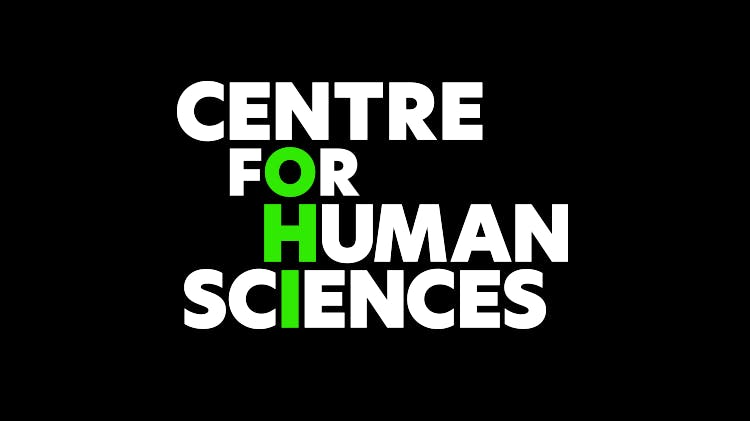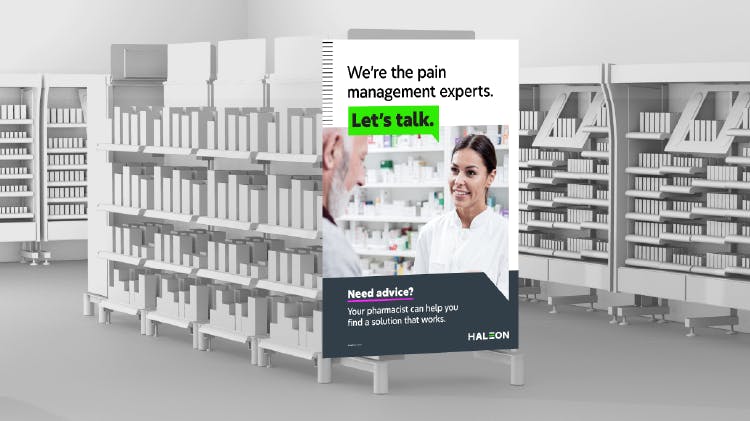Our interventions

Our interventions are expert-driven and insight-led.
After much collaborative work, our faculty of pharmacists and human scientists have helped develop interventions aimed at supporting pain management in pharmacy.
Aligned to the Design Thinking methodology, our faculty met to discuss crucial research which highlighted barriers and insights around patients’ pain behaviours and pharmacy use, such as:1
- Many patients don’t fully appreciate the clinical role of pharmacists and pharmacy advice offered
- Patients in pain often reach for the same pain management, even if it’s suboptimal
- Patient-pharmacist consultations about pain could be more open and efficient
This clarified the objective of our interventions: to support both pharmacists and pain sufferers in having more effective pain management consultations by influencing patients' self-care behaviour. A focus on musculoskeletal pain management was chosen as this is commonly seen in pharmacy.
Our faculty then ideated solutions. These were developed iteratively until two clear interventions were formed, one aimed at patients and one supporting pharmacists:
- Pharmacist Training Programme - Pain Management: The Role of Pharmacy
- In-store patient cues - reframing the clinical role of pharmacists and disrupting habitual behaviours
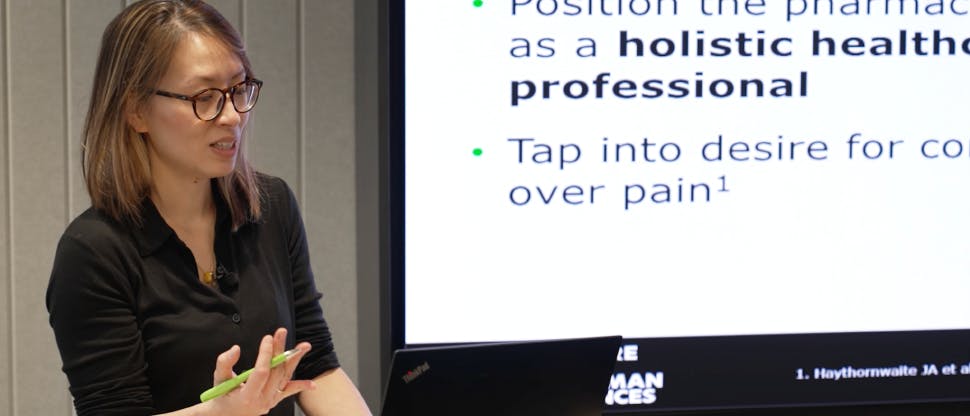
Pharmacist Training Programme
Whilst the in-store materials prompt patients to talk to their pharmacist, our online pharmacy training programme aims to support pharmacists in making those short conversations as effective as possible. As well as explicitly discussing and teaching behavioural science principles relevant to practice, the pharmacist training was also designed to develop pharmacists' self-efficacy; their personal belief in their own abilities which can in turn actually impact their capabilities.2
The pharmacist training programme, ‘Pain Management: The Role of Pharmacy’, consists of 3 modules.

1. Challenging misconceptions
This module examines the evolving role of pharmacists and their importance in driving patient change. It discusses barriers and misconceptions patients may have and gives advice on overcoming them. Behavioural science principles, such as personal necessity and patient concerns,3 explain some of these barriers are shared.

2. Refresh on pain management
The second module is a refresher on holistic pain management and over-the-counter pain medicines, to ensure pharmacists are confident in providing advice tailored to each patient, their pain and their circumstances.
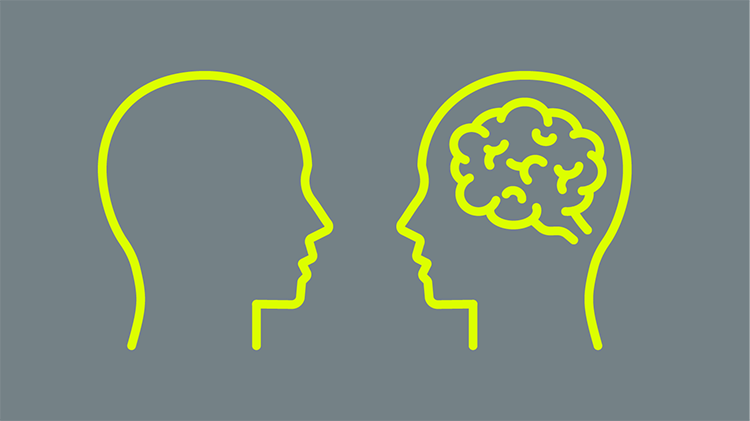
3. Delivering effective consultations
In the final module of this pharmacist training, advice is shared for how pharmacists can harness specific psychological and behavioural science techniques, such as motivational interviewing4, as part of their consultations to encourage patient change.

In-store patient cues
We know that even small cues, such as in-store signs and prompts, can encourage desired behaviour.
Our patient-facing materials utilise behavioural science techniques to encourage more patients to stop and re-evaluate their pain management and choose to use pharmacy advice for pain relief if they need to.
To do this, a range of in-store assets create environmental cues at key patient touchpoints. Imagery and messaging are used that aims to ‘reframe’ patients’ expectations of interactions with their pharmacist in a way that promotes an expectation of a more clinical conversation, to drive more effective pharmacy consultations for pain management. Use of a ‘positive gain frame’ allows us to demonstrate the benefit of change to patients, encouraging decision-making that supports their pain outcomes.5
You can request these materials to use in your pharmacy today:
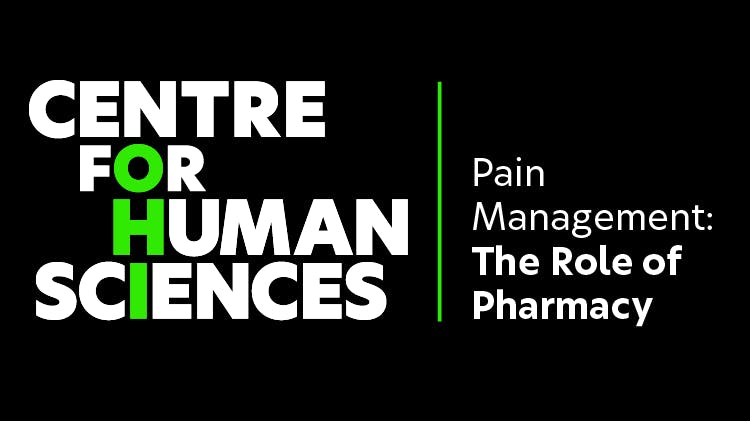
Our pharmacist training is now available.
You too can now take the Centre for Human Science’s pharmacist training programme, Pain Management: The Role of Pharmacy.
Learn more about the power of human sciences

Our mission
Find out how we’re working with experts in human sciences to drive patient change.

Supporting patients’ pain management
Find out why we think human sciences research can support pain management in pharmacy.
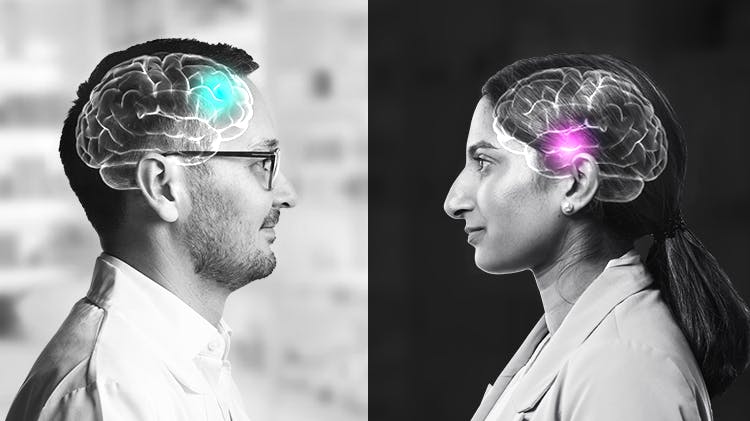
Meet the faculty
Learn more about the pharmacists and experts in human sciences who helped develop these interventions.
